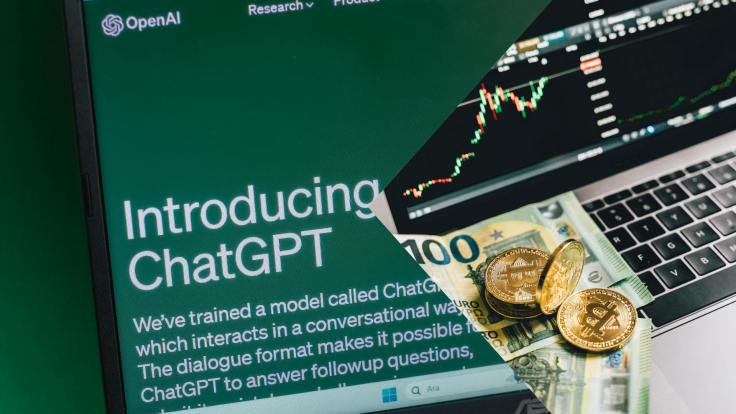ChatGPT IPO? Microsoft Backs Bold Shake-Up To Let OpenAI Go Public
Microsoft-backed overhaul positions OpenAI for future public offering

OpenAI announced a massive corporate restructuring recently and the change has sent shockwaves through the tech industry. The company revealed a deal with Microsoft that changes its non-profit roots and possibly leads it to an initial public offering (IPO). That would be a revolutionary change for the maker of ChatGPT, one that many did not see coming and one that could change ChatGPT's future for good.
The Deal Between Microsoft and OpenAI
In its early days, OpenAI was founded as a non-profit research organisation focused on advancing artificial intelligence safely. However, under its new agreement with Microsoft the company will reportedly reorganise into a public benefit corporation (PBC) that is controlled by a non-profit entity while operating with more freedom on the commercial end of it. This means OpenAI will have more freedom to raise funds and strike deals beyond the restrictions it faced under the previous way of operation. Moreover, Microsoft, which already holds a roughly 27% stake in OpenAI's new entity, will remain a chief partner but relinquish some of the exclusive rights it once held as per reports.
The deal removes major restrictions on how OpenAI can raise capital, supply computing resources and expand its operations. OpenAI CEO Sam Altman and his team revealed that this path was all but necessary if the company is to continue scaling as he said,
'We can now take this technology and this user base and this sort of framework we've built and get the whole world to build amazing new companies and services and applications on top of it'
Furthermore, with ambitions that include building massive infrastructure and training AI models at unprecedented cost, the company sees the public markets as a viable future route.
What's At Stake for OpenAI and Why It Matters
The potential for OpenAI to go public is massive not just for the company, but for the broader artificial intelligence sector. According to reports, the structural change helps move forward the firm's need for funding with the high cost demands of advanced AI development. Moreover, sources reported that Altman mentioned financial obligations on the order of $1.4 trillion (£1.1 trillion approx) to build roughly 30 gigawatts of data centre infrastructure in coming years.
Meanwhile Microsoft's role changes meaningfully as well. Although it retains a substantial stake and a multi-billion dollar computing services contract, the company no longer has exclusive rights to be OpenAI's compute provider or automatic priority on future deals. That opens the door for OpenAI to diversify partnerships and investors as per sources. For Microsoft, the agreement still signals confidence as its investment in OpenAI, which is reported at $13.8 billion (approximately £10.764 billion), appears to have yielded a nearly ten-fold return under this restructuring.
On the other side there are risks as well. Going public would subject OpenAI to market pressures, regulatory scrutiny and the challenge of balancing innovation, profitability and AI safety. Moreover, the company's new structure aims to keep oversight in the hands of the non-profit foundation while giving the operational entity more flexibility.
When Will The OpenAI IPO Come Out
While no formal IPO has been announced, the message is clear. OpenAI says a public listing is 'the most likely path' given the scale of investment its plans require. Moreover, with the restructuring in place, OpenAI now clears several strategic hurdles. The company will continue to share revenue with Microsoft for years to come, ensuring the legacy partnership remains productive. If OpenAI does go public it could become one of the most closely watched IPOs in the technology sector. For now however the move shows more than just an exit strategy; it reveals the rapid evolution of AI from research lab to public company.
© Copyright IBTimes 2025. All rights reserved.





















